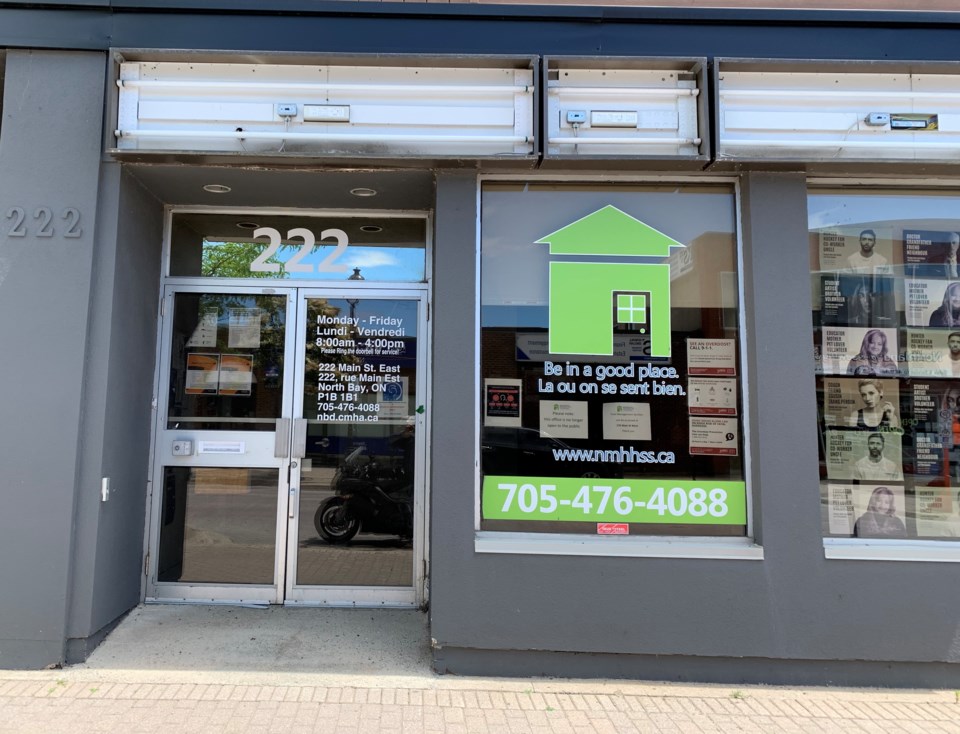Editor's note: Mr. Vimalson writes in response to the BayToday story Province kicks in $800,000 to pay for residents of closed Powassan long term care home.
-----
To the editor:
As a non-journalist, I feel it is crucial to bring forth what is happening in society and how people are feeling to the forefront of public discourse. The increasing numbers of homelessness, rising cases of mental illness, and individuals grappling with depression across every city in Canada are truly alarming.
While browsing the internet, residing in North Bay, I stumbled upon a story on your local news website that shed light on how CMHA (Canadian Mental Health Association) took the decision to shut down a residence where 37 individuals, dealing with mental illness for the past 30-35 years, were accustomed to calling home. They were compelled to relocate today, much like displaced individuals.
My research into CMHA reveals that this nonprofit agency, formerly known as the Canadian National Committee for Mental Hygiene (CNCMH), was founded in January 1918 by Dr. Clarence Hincks to serve individuals with mental illnesses. Over time, it transformed from a nonprofit agency to a profitable one, evolving into The Centre for Addiction and Mental Health (CAMH), which is closely similar to CMHA, potentially confusing the public that CMHA is a regulated institution.
Interestingly, the high-ranking officials of CMHA North Bay have no background in mental health. There lies a difference between a social worker and a psychiatrist. How can any social worker understand the plight of those with mental illnesses? Only someone from the medical field can truly comprehend their needs, behaviors, and psychological issues.
Moreover, the misuse of funds by large-scale politicians and corrupt officials is detrimental to individuals with mental illnesses. Another concerning aspect that has come to light in this story is the closure of several CMHA-operated residences, such as those in Saint Thomas, Woodstock, London, and Durham, which had capacities exceeding 30 beds. Many of these homeowners were from South Asia. Why didn't they raise their voice against CMHA? It's disheartening to witness how a large CHO (Community home for opportunity) facility in Saint Thomas, closed by CMHA, was later acquired by a construction company, with townhouses now being built on the site. Why hasn't anyone noticed this organization dedicated to supporting mental health patients so far? It's a pertinent question.
Following this story, I discovered recent financial assistance of $800,000 from MPP Vic Fedeli begs scrutiny, especially when considering whether CMHA received additional funds beyond the support provided by the Ministry of Health (MOH) for residents, which amounts to approximately $1,800 per month, plus an extra $500 for personal expenses.
The necessity and allocation of these funds for temporary relocation require clarification to ensure transparent and ethical practices. This raises eyebrows; if CMHA receives funds every month from the government (MOH) for residents living in such facilities, Isn't this an inappropriate use of taxpayers' money? It's amusing to note that CHO facilities in Saint Thomas, London, Woodstock, and Powassan are located on prime locations. Is there a conspiracy behind this? Similarly, the closure of Isabel House in Tout Creek in 2017 by the health department, now under tax sale, raises suspicions. It is hard to believe that an 11.3-acre piece of land with a 50-bed Isabel house is being sold for just a few thousand dollars, that too at around $131,500. This is ridiculous. Is it also being sold to some builder as part of a conspiracy?
According to my information, the Powassan CHO residence was reopened by the health department following appeals by its owners, citing irregularities CMHA had used as a basis for closure. The residence was reopened within just 20 days, indicating that there were no irregularities in the first place. Yet, why didn't CMHA return the residents to their original home, from where they were temporarily placed in a motel? Is a motel a permanent solution? Can individuals struggling with mental health live in a motel continuously for five months? Isn't this a question worth asking? Why is the government providing extra money to CMHA, which is funded by hardworking taxpayers? Are local MPPs collecting funds for their upcoming elections, or are they simply appealing to their vote bank?
In my opinion, mental health residents should either be placed under the jurisdiction of MOH or another regulated institution to ensure proper use of funds. Alternatively, CMHA must be regulated, with decision-making power solely in the hands of those with medical backgrounds, not social workers or corporate executives who only understand financial transactions. Individuals with mental health issues deserve access to what they are entitled to, not to have their funds misused. It is my humble request that this matter be brought to the attention of the government and the public as a duty.
Max Vimalson



